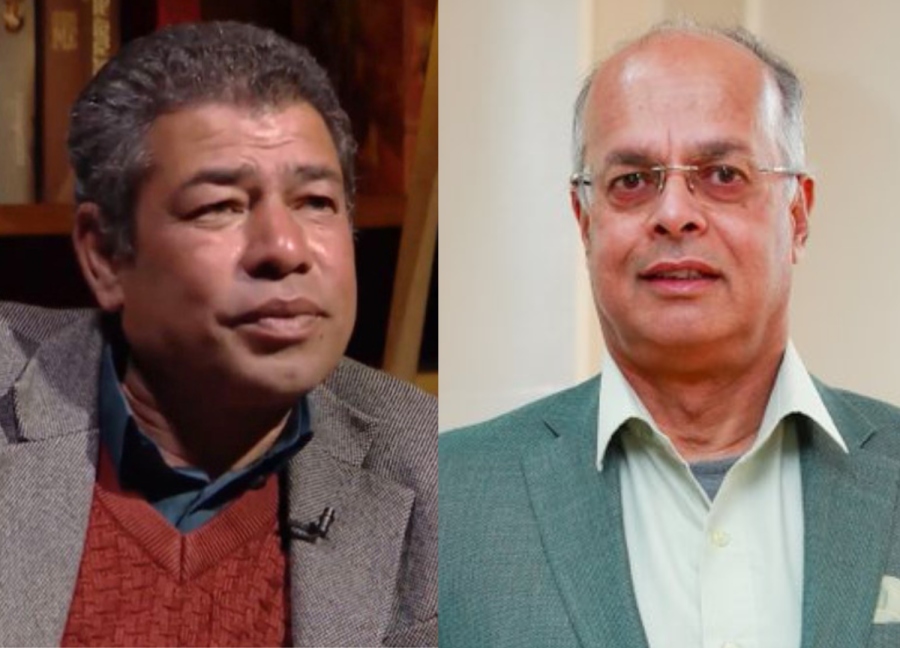National
Birendra Basnet, Dinesh Prasai, among others, form Gatishil Loktantrik Party
Party adopts a policy of barring its office-bearers from contesting elections.
Post Report
A group led by businessman Birendra Bahadur Basnet, executive chairperson of Buddha Air, has formed a new political party named the Gatishil Loktantrik Party (GLP).
The party, chaired by Dinesh Prasai, a professor of political sociology, was registered at the Election Commission on Thursday.
Though the group was led by Basnet, he chose not to become office bearers with a plan to contest in elections. The party has adopted a policy barring office bearers from contesting in elections, according to party officials.
They said the party has been structured in a way that its office-bearers will focus on organisational and policy matters.
Chairperson Prasai said the party statute stipulates that any office-bearer wishing to contest a seat must resign at least six months prior to the polls.
Basnet, who had been discussing the idea of forming a party for the past five to six months, will serve as a member but not hold any leadership position as he intends to contest in the election.
“The internal discussions had been going on for some time, but after the announcement of elections for March 5, the preparations accelerated,” Prasai said.
The party will have one chairperson, five general secretaries, and one treasurer. Among them, Piyush Mishra will serve as general secretary overseeing organisational affairs, while the remaining general secretaries will focus on governance, entrepreneurship, and equality.
Prasai added that consultations were ongoing to appoint the remaining officials through interviews based on their areas of expertise.
He said the party will abide by the present constitution’s salient features such as federalism, republicanism and parliamentary system.
Asked if they agree with the demand for the directly elected executive head of the government, Prasai told ekantipur that they would stick to the parliamentary system itself.
“We are not in favour of a directly elected president or prime minister because it may help leaders become authoritarian,” he said. He also believed that a system of directly elected executive is not appropriate for Nepal also in view of the country’s geostrategic location.




 12.12°C Kathmandu
12.12°C Kathmandu














